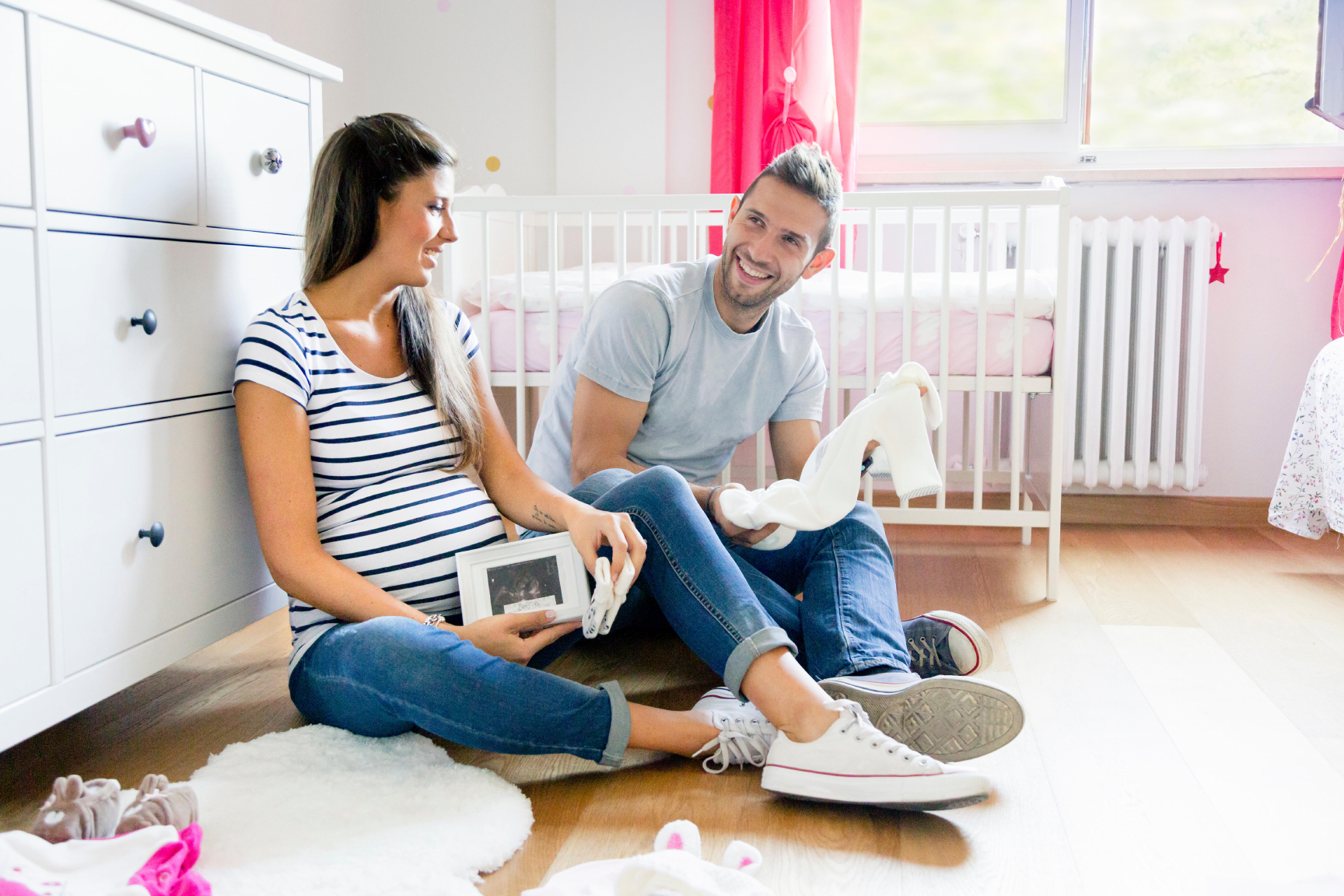Washing Baby Clothes: Frequently Asked Questions
Welcoming a new baby home brings huge changes to your regular household routines. Amongst all the adjustments and new things to learn, laundry might be one of the last things on your mind – but knowing how to wash baby clothes properly can help ensure they are fresh and hygienic for your little one, while also being kind to their delicate skin. Here are all the basic things to know about doing baby laundry.
- Is there a laundry detergent for baby clothes?
- Should you wash new baby clothes?
- Can I wash baby clothes with my clothes?
- What temperature is best to wash baby clothes?
- How do I best remove stains from baby clothes?
- Extra tips for washing baby clothes
Is there a laundry detergent for baby clothes?
Babies’ skin can be sensitive, which means it can be more easily irritated by some ingredients in laundry detergents, such as fragrances, preservatives or dyes. If you’re worried about your baby getting rashes or have any other concern about their skin, it might be worth considering a hypoallergenic laundry detergent for washing their clothes. Look out for formulations that are dye-free or fragrance-free, or ones that are specially created for babies usually labelled ‘sensitive’ or ‘gentle’. Also try to avoid using fabric softeners or anti-static products, as these also tend to have chemicals that can irritate skin.
Whichever detergent you choose, follow the manufacturer’s instructions carefully and watch closely for how your baby’s skin reacts – every individual responds differently and, in the end, it’s about finding something that works for you and your baby’s needs
Should you wash new baby clothes?
Yes. Washing newborn clothes or any other baby clothes is a good idea, before your baby wears them, to remove any irritating substances that might be lingering. This will usually be mentioned on the clothing’s care label, which is also the best place to check for appropriate washing instructions.
Can I wash baby clothes with my clothes?
Generally speaking, it should be fine to wash your baby’s clothes with the rest of the family’s but there are a few exceptions. The biggest one is reusable nappies – since these will contain faecal material, it’s very important to wash them separately from other clothes (both your own and your baby’s) to prevent the risk of cross-contamination. Make sure to remove any residual solid material with a tissue before putting it in the washing machine.
It’s also best to separate baby clothes from laundry loads which contain:
- Clothing and linens of someone who is sick
- Items used for food preparation, like tea towels
- Items used for pets, like pet blankets
- Uniforms of people who work in healthcare, restaurants, farms and other similar occupations where there is high contact with germs
Together with properly disinfecting your laundry, separating these items will help stop germs from accidentally contaminating your baby’s clothes during the wash.
What temperature is best to wash baby clothes?
Heat is effective at killing germs, so you should wash your baby’s clothes at 60°C using a standard wash cycle for the most hygienic results.
If your baby’s clothes can’t be washed at high temperatures, pre-soaking them in cold water with your preferred detergent may help (though check the care label for what’s best). To more effectively remove germs*, consider adding an antibacterial rinse aid like Dettol Laundry Sanitiser, which works even at low temperatures.
How do I best remove stains from baby clothes?
If you’re looking for good stain removal but are concerned about skin sensitivity, you might want to try a biological laundry detergent. They contain molecules called enzymes, which are naturally-derived and are effective against a range of difficult stains, including many types of food stains. Bio detergents also appear to have generally low skin irritancy. Aim to get a liquid detergent, as they can rinse out more easily than powder detergents and are therefore less likely to leave residue.
Extra tips for washing baby clothes
- Double rinse your baby’s clothes to help remove as much residual detergent and germs as possible. Check your washing machine’s manual to see how to program an extra rinse cycle.
- Dry your baby’s clean clothes straight away. Leaving wet laundry in the washing machine can allow odour-causing bacteria to grow quickly. Either hang clothes out to dry in the sunlight or pop them in the tumble dryer at 40°C. Make sure they are completely dry before storing them.
Just like all things with parenthood, you’ll be sure to get the hang of doing your baby’s laundry in no time! For more tips on how to get fresh, hygienic laundry for your family, check out our article on laundry hygiene here.
First published:
Last updated:
